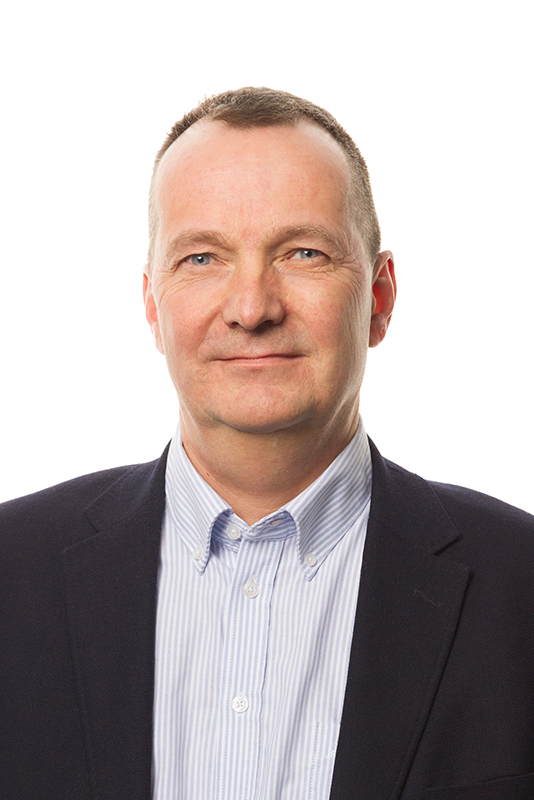Through research and development, this sector will contribute to a better society and cleaner environment by serving as a leading resource centre within renewable energy and environmentally friendly industrial processes.
We will achieve this by enabling IFE’s customers and spin-off companies to apply improved or new processes and methods. We develop new solutions and products for the private sector, mainly within renewable energy and materials and process industries.
Materials and Process Technology has around 60 employees (researchers, engineers and coordinators), as well as approximately 20 doctoral and postdoctoral researchers. Turnover is in the region of NOK 150–160 million. The sector consists of six departments.
The sector is currently conducting research in renewable energy systems, solar energy, batteries and hydrogen as future energy carriers, new energy materials and nanotechnology, advanced neutron materials characterisation, and environmentally friendly industrial processes.
Our main revenue is generated from research and development of new solutions and products for both the private and public sectors. Most of our expertise and innovation projects are co-funded through the system of policy instruments in the Research Council of Norway, ENOVA, Innovation Norway, the EEA and Horizon 2020, together with the business sector.
To aid our research, we have an advanced infrastructure that includes, for example, laboratories that undertake the following:
- Production of silicon-based solar cells, with the associated characterisation and analysis equipment
- Production of materials for use in solar cells and batteries
- Production of materials for CO2 capture for use in hydrogen and energy production processes
- Development and testing of batteries
- Production of hydrogen through reforming or electrolysis
- Development of the hydrogen systems of the future
- Advanced neutron materials characterisation (the JEEP II Reactor at Kjeller)
- Advanced simulation and modelling platform for use in the development of new kinds of materials processing
The sector hosts two of Norway’s eight new Centres for Environment-friendly Energy Research (FME):
FME Research Centre for Sustainable Solar Cell Technology (SuSolTech) and FME Mobility Zero Emission Energy Systems (MoZEES).
We are partners in three other FME centres: one in bioenergy (Bio4Fuels) and two within the social sciences (CenCes and CREE). In addition, we are involved in over 100 other ongoing projects with external partners, typically to the tune of NOK 0.5–10 million.
Market outlook
The global energy market is in the midst of a major shift away from centralised energy supplies using nuclear, gas and coal power towards a more distributed energy production based on renewable sources such as hydro, solar, wind, bio and geothermal energy. This shift is leading to a major upward trajectory in megatrends in all these areas, particularly in wind and solar energy, as well as energy storage using batteries and hydrogen. IFE is well positioned to take part in this growth.
In the materials and process industries, there will always be a need for materials with new types of properties. IFE is well positioned within this segment due to our powerful simulation and modelling tools, our expertise in producing brand new materials based on our nanotechnology know-how, and our capabilities in industrial processes.

